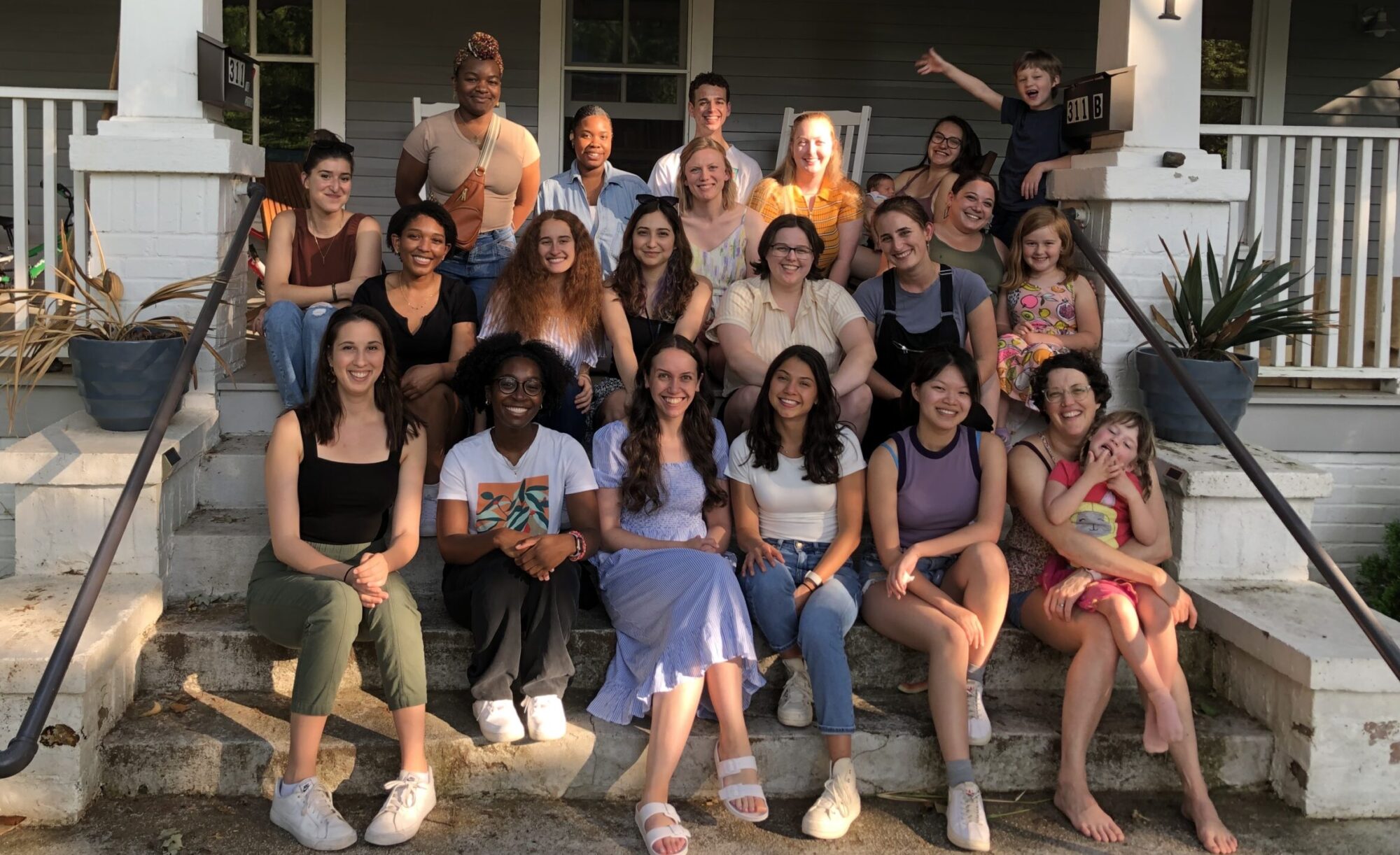Psychology as a discipline and UNC as an institution has benefited from the exploitation of black and brown bodies. We try to make sure that this history informs our current thinking and approach to science. For resources describing UNC’s specific history, please see:
Diversity, Equity, Inclusion, and Anti-Racism Statement:
Science is better with a diverse team. We believe that good science does not just benefit from, but, indeed, requires diversity to address scientific problems from unique perspectives.
Consequently, we embrace and respect all aspects of our lab members’ identities including age, color, disability, ethnicity, family or marital status, gender identity or expression, language, national origin, ability, political affiliation, race, religion, sexual orientation, socio-economic status, veteran status, and other characteristics that make our lab members who they are.
The CIRCLE Lab is dedicated to building a diverse and inclusive academic community. We strongly encourage applications from candidates at the undergraduate, post-bacc, graduate, and post-doctoral level who are committed to contributing to this goal in addition to applicants from historically under-represented groups.
In addition to creating a supportive and inclusive environment within the lab, we aim to provide resources for individuals to navigate the systemic obstacles in the broader fields of psychology and academia. We also recognize that we are a work in progress, we dedicate space and time within the lab to continuing to learn so that we can collectively source tools and resources to offer.
As a lab we vow to purposefully identify, discuss and challenge issues of race and color and the impact(s) they have in science, the field of psychology, and academia. We challenge ourselves and each other to understand and correct any inequities we may discover and gain a better understanding of ourselves during this purposeful process. We actively engage in constructive, difficult dialogues to promote understanding and deepen perspectives.
With regard to our research participants, we often recruit from populations with lower income and socio-economic status and/or racial and ethnic backgrounds that are often under-represented in research. We do so because it’s important to understand and serve these historically under-served populations. We value being transparent about any risks involved in our studies and emphasize the voluntary nature of participation in our research.

